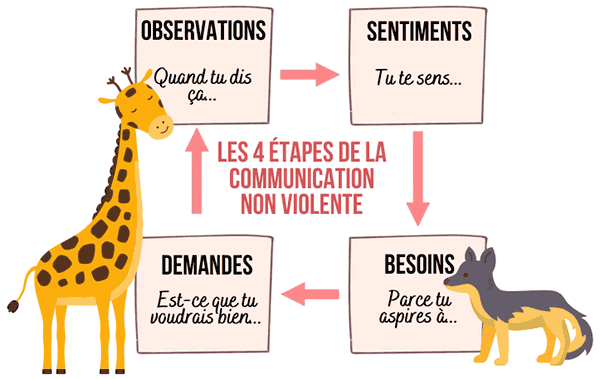Young adults are spending more and more time on social media and digital means of communication. This could be a way to involve them in their health. Researchers from the University of Warwick and Kings’ College London in the United Kingdom have examined the interest of these means of communication for young carriers of a long-term illness.
They analyzed 20 studies carried out by the British National Health Service in England and Scotland with 165 young people aged 16 to 24, in conjunction with 173 health professionals. They found that young people with a long-term condition were more likely to lose interest in their health and disengage from care protocols than other populations. They wanted to determine whether contact with practitioners outside of consultations fostered youth engagement.
Empower young people
The results show that digital communications through phone calls, text messages, web messaging and emails improved engagement in the care process. The main cost observed relates to the caregivers’ time that they cannot spend on another task, but the benefits (better autonomy and empowerment) seem to outweigh the risks involved. Among these, the risk that the young people concerned become dependent on virtual messages from health professionals, the inadvertent disclosure of personal information or communication errors. However, common sense on the part of caregivers would be enough to avoid these pitfalls. The scientists whosestudy appeared in the Journal of Medical Internet Research suggest that health authorities could be proactive on this subject by establishing official recommendations. Health centers that already practice this digital communication and others could thus find their way around to improve the efficiency of the system.
Read also :
Teenager: if he is closed to communication, it is the fault of his brain
The Internet would improve the patient-caregiver relationship
The relationship with the doctor influences the health of the patient















